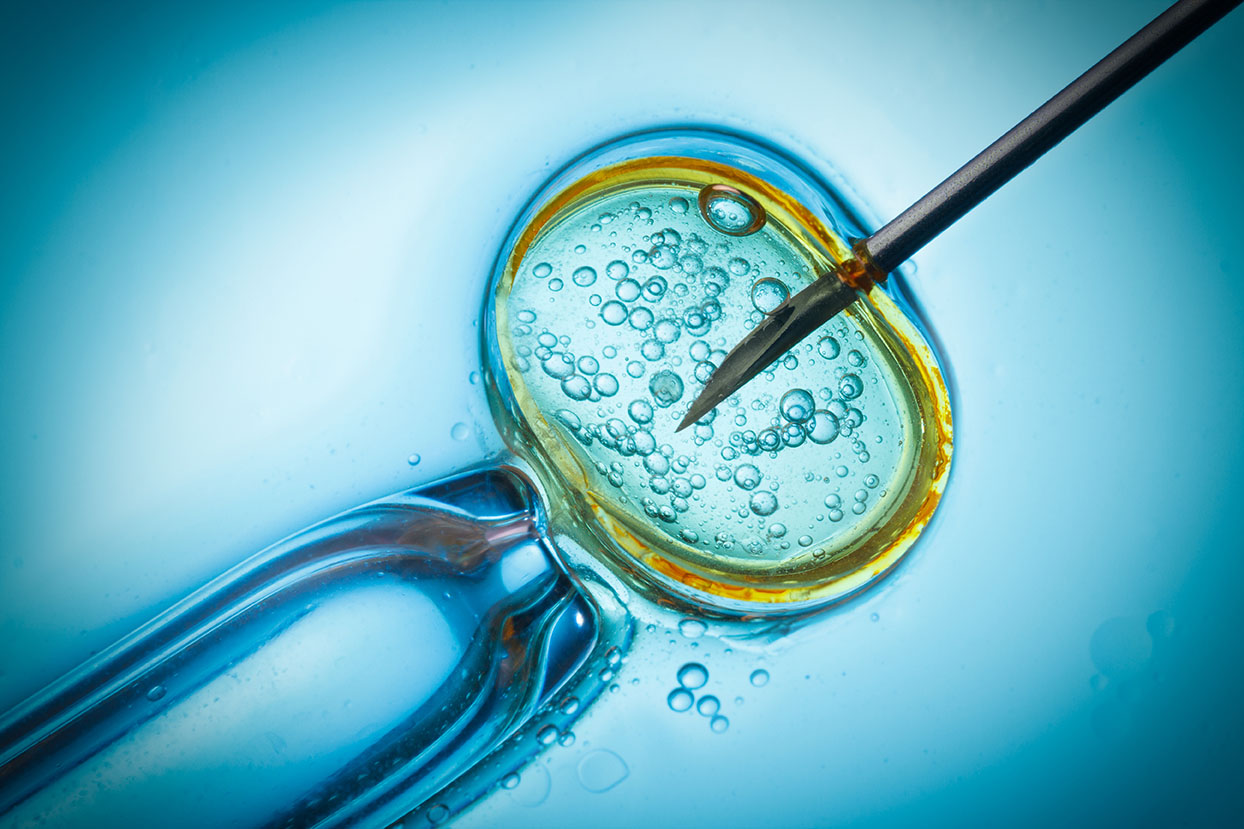
ion
Definition
An ion is an atom or molecule that has a net electric charge. This means that the number of protons in the nucleus of the atom is not equal to the number of electrons surrounding the nucleus. When an atom loses electrons, it becomes a positively charged ion called a cation. When an atom gains electrons, it becomes a negatively charged ion called an anion.
The number of protons in an atom is always the same, but the number of electrons can vary. This is why atoms can become ions. Ions are important in many chemical reactions. For example, ions are involved in the formation of salt and in the conduction of electricity in water.
How can the word be used?
The water molecules were ionized by the electric current.

Different forms of the word
Noun: ion.
Adjective: ionic.
Verb: ionize.
Adverb: ionically.
Etymology
The word "ion" comes from the Greek word "ἰον", which means "going". This is a reference to the fact that ions are electrically charged particles, and they can move around in a solution.
The Greek word "ἰον" is also the root of the word "ionization", which means the process of converting an atom or molecule into an ion.
Question
What is an ion?
AQA Science Exam Question and Answer
Question:
Define what an ion is and explain how ions form in chemical reactions. Discuss the roles of ions in conducting electricity and forming ionic compounds. Provide an example of a common ion and its significance.
Answer:
An ion is an atom or molecule that has gained or lost one or more electrons, resulting in a net electrical charge. Ions are formed through chemical reactions when atoms either gain electrons to become negatively charged (anions) or lose electrons to become positively charged (cations).
In conducting electricity, ions play a crucial role. In an ionic solution or a molten ionic compound, ions can move freely, carrying electric charge from one point to another. This movement of charged particles enables the flow of electric current.
Ions also play a vital role in the formation of ionic compounds. These compounds are composed of positively charged cations and negatively charged anions held together by electrostatic forces. An example is sodium chloride (NaCl), where sodium cations and chloride anions form a crystalline lattice.
A common ion is the hydroxide ion (OH⁻). It forms when a water molecule loses a hydrogen ion (H⁺). Hydroxide ions play a role in basic solutions (alkaline) and are crucial in processes like neutralization reactions.
Understanding ions is fundamental in chemistry as they underpin various chemical reactions, electricity conduction, and the formation of diverse compounds. It helps us comprehend the behaviour of substances in both laboratory and real-world contexts, contributing to our understanding of the natural world and technological applications.